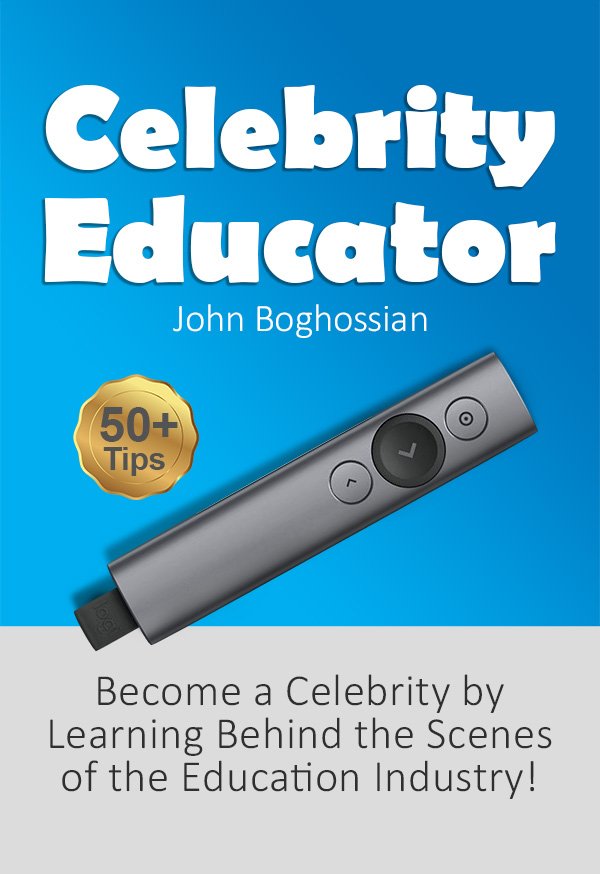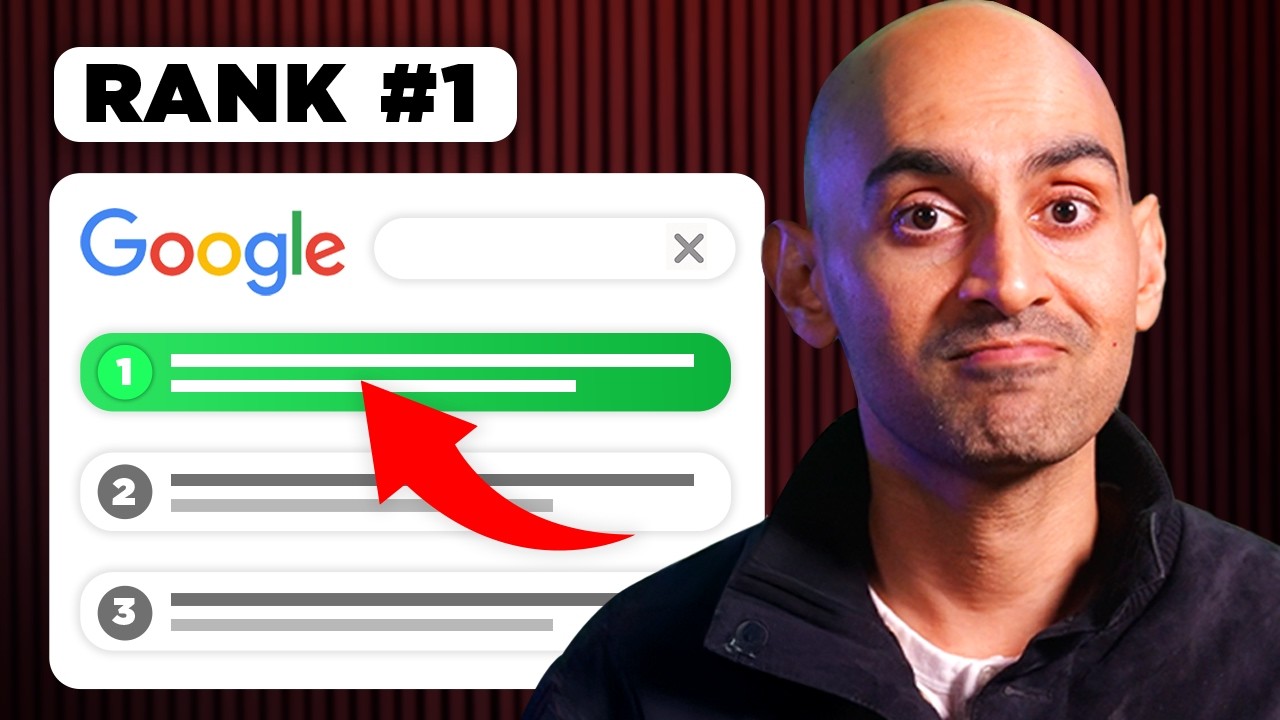Contents
- 1 Overview of Book Promotion
- 2 Importance of Effective Marketing Strategies
- 3 Understanding Your Target Audience
- 4 Leveraging Digital Platforms
- 5 Collaborations and Partnerships
- 6 Creative Marketing Tactics
- 7 Harnessing the Power of Book Reviews
- 8 Implementing Email Marketing Campaigns
- 9 Monitoring and Analyzing Performance
- 10 Conclusion and Next Steps
Overview of Book Promotion
In the ever-evolving landscape of publishing, book promotion has emerged as a critical component for authors aiming to stand above the noise. With countless new titles released every day, effective book promotion is essential not just to attract readers but to engage them meaningfully. Authors today have a multitude of channels at their disposal, from social media to email marketing, to showcase their creations.
For many, the journey of an author begins with a dream, often punctuated by late nights spent crafting words into stories. However, a beautifully written book on its own doesn’t guarantee visibility. Authors must actively engage in promoting their work to reach their targeted audience.
Importance of Effective Marketing Strategies
So, why is effective book marketing important? Here are a few key reasons:
- Increased Visibility: The more strategies an author employs, the greater the likelihood that potential readers will discover their book. This heightened visibility can translate into more sales and a growing fan base.
- Building Author Identity: A well-crafted marketing strategy helps establish the author’s brand. Readers are more likely to engage with authors whose personalities resonate with them.
- Maximizing Return on Investment (ROI): Effective marketing can lead to higher sales, offering authors a better chance of recouping their initial investments, particularly in self-publishing.
For example, consider an indie author who launched their novel with a multi-faceted approach, utilizing social media platforms, hosting a virtual book launch, and reaching out to local bookstores. This strategic promotion not only garnered attention but helped create a loyal readership that eagerly awaited their next release.
Ultimately, investing time and effort in book promotion is essential for turning a beautifully penned manuscript into a bestseller.
Understanding Your Target Audience
Researching Reader Demographics
Following your initial promotion strategies, it’s crucial to focus on understanding your target audience. One of the best starting points is diving deep into reader demographics. Knowing who your readers are can dramatically shape how you market your book.
Demographics may include factors like:
- Age: Understanding age groups helps tailor content and marketing channels. For example, younger audiences might be more active on platforms like TikTok, while older readers may gravitate towards Facebook.
- Gender: Tailoring your message to resonate with specific genders can increase engagement. For instance, a romance novel may appeal more to women, leading to targeted marketing in female-centric online spaces.
- Location: Knowing where your readers are located can guide geographical marketing efforts, such as local events or book signings.
In my experience, when I first published my book, I initially thought my target demographic was broad. After some research and connecting with readers, I found my main audience was between the ages of 25 to 34. This revelation allowed me to craft more effective promotional strategies and adjust my messaging accordingly.
Identifying Reader Preferences
Once you have a grasp on demographics, understanding reader preferences becomes vital. Readers today are not just passive consumers; they have clear expectations about what they want.
To discover these preferences, consider the following approaches:
- Surveys and Polls: Engage with your audience directly to learn about their reading preferences through short surveys.
- Reading Behavior Analysis: Use platforms like Goodreads to determine what books resonate with similar genres.
- Social Media Engagement: Pay attention to discussions surrounding your genre. What themes excite readers?
For instance, after conducting a poll, I learned that my readers preferred stories with strong character development. This valuable insight inspired my future writing and marketing endeavors. By understanding your audience’s demographics and preferences, you can create targeted campaigns that truly resonate.
Leveraging Digital Platforms
Building an Author Platform
With a solid understanding of your target audience, the next step is harnessing digital platforms to broaden your reach. The foundation of this effort lies in building an author platform. An effective author platform allows writers to establish their presence, connect with readers, and create a community around their work.
To build a successful author platform, consider the following elements:
- Author Website: Your website serves as a central hub. Include information about your books, upcoming events, and a blog where you can share insights or connect with readers.
- Email List: Start gathering email subscribers from the get-go. Offer a freebie, like a chapter from your book, in exchange for their email addresses.
For instance, when I launched my author website, I shared behind-the-scenes content about my writing process. This gave readers a unique insight and helped them feel involved in my journey.
Utilizing Social Media Marketing
Social media is an essential tool for any author looking to promote their work. It provides an interactive platform to engage with readers and market books creatively. Each social media site appeals to different demographics, so it’s crucial to choose the right platforms for your audience.
Here are effective strategies for social media marketing:
- Create Engaging Content: Share captivating posts, such as book teasers, quotes, or visuals related to your work.
- Participate in Relevant Conversations: Join writing and reading communities on platforms like Twitter and Facebook. Engage with fellow authors and readers actively.
I remember when I started sharing snippets of my writing process on Instagram; it sparked interest and dialogue with my followers. They appreciated the transparency, which inevitably led to buzz around my book release.
Overall, a well-constructed author platform combined with a strategic social media presence can significantly elevate your book promotion efforts, making you more accessible to readers and fans.
Collaborations and Partnerships
Working with Influencers and Bloggers
After establishing your author presence and learning how to engage with your audience, it’s time to harness the power of collaborations and partnerships. One of the most effective avenues for promotion is working with influencers and bloggers who have a dedicated readership. These individuals hold sway in the literary community and can amplify your book’s visibility significantly.
To begin, consider these strategies:
- Identify Related Influencers: Look for bloggers or social media influencers within your genre. For example, if you’re a thriller author, find bookstagrammers who focus on suspenseful reads.
- Personalized Outreach: When reaching out to influencers, personalize your message. Mention how their work resonates with your style or theme and suggest how a collaboration could benefit both parties.
I once connected with a popular book blogger who agreed to review my latest novel. Not only did I gain exposure to their dedicated followers, but their positive review significantly boosted my sales.
Partnering with Bookstores and Libraries
Another fruitful collaboration lies in partnering with bookstores and libraries. These venues are pivotal in the literary world and can help promote your book in unique ways.
Consider the following approaches:
- Book Signings and Readings: Arrange book signing events at local bookstores. This personal touch can create a loyal following.
- Library Talks and Workshops: Many libraries seek authors to host talks or workshops. This not only builds your community presence but also introduces your work to new readers.
For instance, I hosted a workshop at my local library, and attendees were given exclusive access to a preview of my next book. The response was overwhelmingly positive, and many signed up for my newsletter afterward.
To sum up, collaborating with influencers, bloggers, bookstores, and libraries provides invaluable opportunities for promotion, helping authors expand their reach and connect with eager readers.
Creative Marketing Tactics
Hosting Virtual Events and Webinars
Building on the collaborations established earlier, creative marketing tactics can further amplify your book’s reach. Among the most effective methods are hosting virtual events and webinars. These interactive platforms allow you to engage directly with your audience while showcasing your expertise and passion for your work.
When planning a virtual event, consider these key points:
- Choose a Relevant Topic: Select a theme related to your book or writing process. For example, if you’ve written a fantasy novel, host a webinar on world-building techniques that appeal to aspiring authors.
- Promote in Advance: Use your social media channels, website, and email list to announce the event. Create eye-catching graphics and share countdown reminders to build anticipation.
I hosted a live Q&A about my latest release and was pleasantly surprised by the turnout. Readers loved the opportunity to ask questions directly, and many decided to purchase the book afterward!
Running Giveaways and Contests
Another exciting tactic is to run giveaways and contests, which can create buzz and encourage reader engagement. Giveaways can draw significant interest and incentivize readers to learn more about your work.
To effectively execute giveaways, consider these strategies:
- Set Clear Guidelines: Specify the rules for entry, such as following you on social media, sharing a post, or subscribing to your newsletter.
- Offer Valuable Prizes: Ensure that the prizes are enticing. This could be signed copies of your book, exclusive merchandise, or even a virtual coffee chat with you.
In my experience, I ran a giveaway where followers had to share their favorite quotes from my book. Not only did this enhance engagement, but it also generated meaningful word-of-mouth promotion as readers shared their favorite moments with their networks.
By hosting virtual events and running engaging contests, authors can create memorable experiences that not only promote their work but also foster a loyal reader community. These creative marketing tactics are sure to elevate your promotional efforts to new heights!
Harnessing the Power of Book Reviews
Encouraging Reader Reviews
Continuing on the journey of promoting your book, one powerful tool that should not be overlooked is harnessing the power of book reviews. Positive reviews can significantly influence potential readers, making them more likely to pick up your book. So how do you encourage readers to leave those glowing endorsements?
Here are some effective strategies:
- Make It Easy: At the end of your book, add a gentle prompt inviting readers to leave a review. Many readers appreciate a simple nudge, especially if they enjoyed your story.
- Leverage Social Media: Use your online platforms to remind readers about the impact of reviews. A heartfelt post expressing gratitude to those who have reviewed your book can encourage others to share their thoughts too.
For example, after my last release, I organized a campaign asking readers to share their favorite quotes from the book in exchange for a chance to win a signed copy. The response was fantastic! Many of them took the time to leave detailed reviews as well.
Engaging with Book Reviewers
Once you’ve harnessed reader feedback, the next step is actively engaging with book reviewers. Building relationships with these influential voices can help extend your reach further.
To effectively engage with book reviewers, consider the following tips:
- Personal Outreach: Take the time to research and personalize your communication with reviewers. Mention their previous work or notable reviews you appreciate, and explain why your book would be a good fit for their audience.
- Offer Advance Copies: Providing review copies before release can create anticipation and foster early reviews. Many bloggers and influencers are eager to read new titles, especially if they align with their interests.
In my experience, when I connected with a book blogger and provided a pre-release copy, they not only wrote a favorable review but also featured my book in their newsletter, reaching thousands of eager readers.
By encouraging reader reviews and engaging with reviewers, authors can significantly enhance their book’s visibility, drawing in new readers and creating a loyal community around their work. Embracing the power of reviews is a crucial step in a successful marketing strategy.
Implementing Email Marketing Campaigns
Building an Email List
As we continue to explore effective marketing techniques, one of the most powerful tools at your disposal is email marketing. Building an email list should be one of your top priorities as an author. This direct line of communication allows you to engage with readers, share updates, and create a loyal fanbase.
Here are a few strategies to effectively build your email list:
- Create a Lead Magnet: Offer an enticing freebie, such as a downloadable guide, a sneak peek of your upcoming book, or short stories. This could serve as motivation for readers to sign up.
- Utilize Your Website: Make signing up for your email list a prominent feature on your website. Use pop-ups, dedicated landing pages, and calls-to-action throughout your content to encourage subscriptions.
When I first started my newsletter, I offered the first chapter of my upcoming novel for free. Within a few weeks, I garnered over 300 subscribers, eager for more updates!
Crafting Compelling Newsletters
Once you have an email list in place, the next step is crafting compelling newsletters that keep your subscribers engaged. Your newsletters should not only inform but also entertain.
Consider these tips while creating your newsletters:
- Personal Touch: Start your newsletters with a personal note or insight into your writing process. Sharing behind-the-scenes stories helps forge a deeper connection with your readers.
- Engaging Content: Include book recommendations, writing tips, or exclusive news. You could also feature reader spotlights or quotes from reviews to create community engagement.
For example, I often include a “Reader of the Month” segment where I highlight loyal readers and their favorite books. This not only showcases appreciation but encourages others to interact too.
By building a strong email list and crafting compelling newsletters, you can effectively maintain a blossoming relationship with your readers. Email marketing stands out as a crucial element in the long-term success of your book promotions, allowing you to connect with your audience on a personal level while keeping them excited for what’s to come.
Monitoring and Analyzing Performance
Tracking Sales and Metrics
As your marketing efforts yield results, it’s essential to take a step back and evaluate their effectiveness. This is where monitoring and analyzing performance comes into play. Tracking sales and metrics not only informs you about what’s working but also highlights areas for improvement.
Here’s how you can effectively track sales and metrics:
- Set Up Analytical Tools: Utilize tools like Google Analytics or social media insights to gather data on your marketing efforts. Look at website traffic, click-through rates, and engagement metrics.
- Sales Tracking: Keep a close eye on your book sales through platforms like Amazon KDP or your website. Monitoring patterns such as peak sale times can provide insights into effective promotions.
When I launched my first book, I wasn’t initially tracking sales. However, after several months, I implemented Google Analytics, which revealed that most of my traffic came from social media posts. This revelation allowed me to tailor my strategies accordingly.
Adjusting Strategies for Optimization
Once you have gathered the necessary data, it’s time to optimize your strategies. Armed with insights, you can make informed decisions that enhance your marketing efforts.
Consider these adjustments:
- Evaluate Campaign Performance: Analyze the success of your email campaigns or social media posts. If certain emails yielded higher engagement, assess what elements resonated with readers to replicate that success in future campaigns.
- Tweak Content Based on Feedback: If you notice a lack of engagement with specific content types, experiment with different formats or themes. For instance, if your readers respond better to personal anecdotes rather than promotional messages, tailor your content accordingly.
Adjusting your strategies based on solid performance metrics is not only beneficial but essential for sustained growth. By continually monitoring your results and refining your approach, you can ensure that your marketing efforts remain dynamic and effective, ultimately driving more readers to your books.
Conclusion and Next Steps
Recap of Effective Promotion Techniques
As we wrap up our journey through the essential strategies for promoting your book, it’s important to reflect on the various techniques that can significantly impact your success. From understanding your target audience to engaging with readers authentically, each step is crucial in building your presence as an author.
Here’s a quick recap of the key techniques we discussed:
- Understanding Your Audience: Researching reader demographics and preferences to tailor your marketing efforts effectively.
- Leveraging Digital Platforms: Building an author platform and utilizing social media to reach potential readers.
- Collaborating with Influencers: Engaging with bloggers and influencers to tap into their established audiences.
- Creative Marketing Tactics: Hosting virtual events and running engaging contests to boost visibility and connection.
- Harnessing Reviews: Encouraging reader reviews and fostering relationships with book reviewers to amplify credibility.
- Implementing Email Marketing: Building an email list and crafting compelling newsletters to maintain engagement.
Planning for Long-Term Success
With these techniques in your toolkit, it’s time to focus on planning for long-term success. Continuous growth as an author requires adaptability and persistence.
To stay ahead, consider these strategies:
- Set SMART Goals: Define Specific, Measurable, Achievable, Relevant, and Time-bound goals for your writing and marketing efforts. This will provide clarity and motivation.
- Stay Informed: Regularly update your knowledge about current marketing trends and tools. Join writer communities and attend workshops to stay inspired and informed.
- Embrace a Growth Mindset: Understand that not every campaign will yield immediate results. Be willing to learn, adjust, and refine your strategies based on the feedback and outcomes you observe.
Remember, successful book promotion is a marathon, not a sprint. By consistently implementing these promotion techniques while planning for the future, you can cultivate a loyal readership, create lasting connections, and ultimately, grow as a successful author. Happy writing and promoting!








